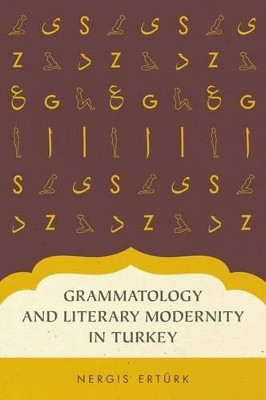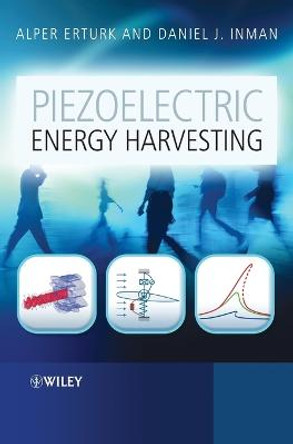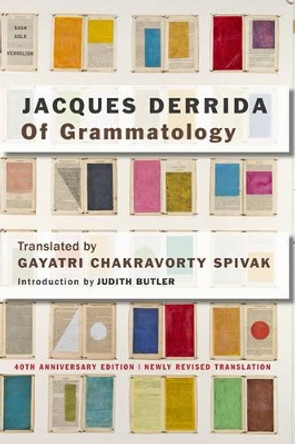The 1928 Turkish alphabet reform replacing the Perso-Arabic script with the Latin phonetic alphabet is an emblem of Turkish modernization. Grammatology and Literary Modernity in Turkey traces the history of Turkish alphabet and language reform from the mid-nineteenth to the mid-twentieth century, examining its effects on modern Turkish literature. In readings of the novels, essays, and poetry of Ahmed Midhat, Recaizade Mahmud Ekrem, OEmer Seyfeddin, Ahmet Hamdi Tanpinar, Peyami Safa, and Nazim Hikmet, Nergis Erturk argues that modern Turkish literature is profoundly self-conscious of dramatic change in its own historical conditions of possibility. Where literary historiography has sometimes idealized the Turkish language reforms as the culmination of a successful project of Westernizing modernization, Erturk suggests a different critical narrative: one of the consolidation of control over communication, forging a unitary nation and language from a pluralistic and multilingual society.
About the AuthorNergis Erturk is Assistant Professor of Comparative Literature at Penn State University.
Book InformationISBN 9780199349777
Author Nergis ErturkFormat Paperback
Page Count 240
Imprint Oxford University Press IncPublisher Oxford University Press Inc
Weight(grams) 372g
Dimensions(mm) 234mm * 156mm * 14mm









